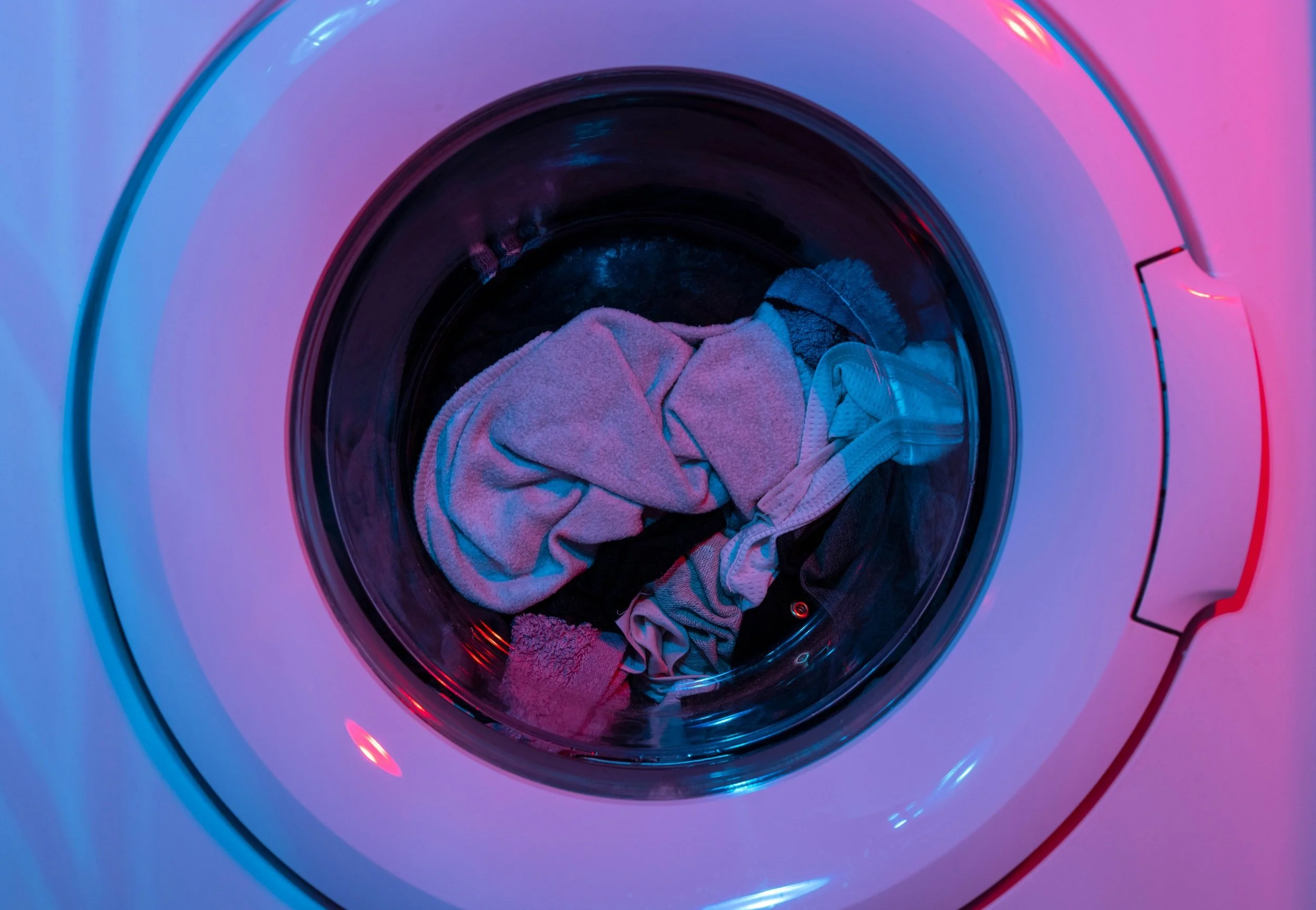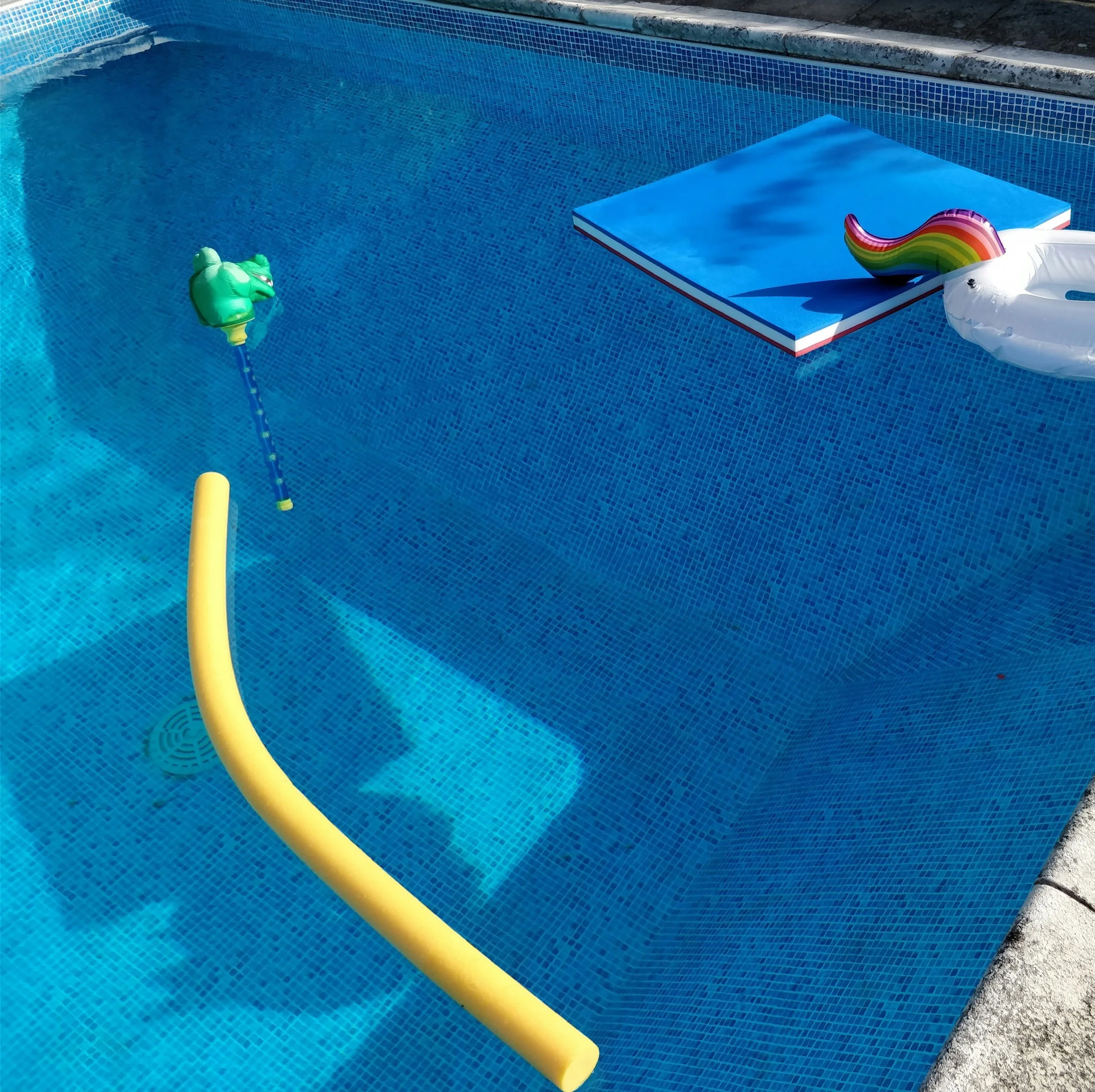Mastering the Art of Laundry: Tips for Maintaining Your Clothes at Home
Laundry is a chore that touches every household, yet it’s often overlooked as a skill worth mastering. Proper laundry care goes beyond simply washing and drying—it involves techniques that preserve your clothes’ quality, extend their lifespan, and keep them looking fresh. Whether it’s understanding fabric care labels or knowing when to turn to professional laundry services, a little knowledge can save time, money, and your favorite outfits.
In this guide, we’ll explore essential laundry tips, common mistakes to avoid, and how to determine when it’s time to enlist the help of experts like Ian’s Cleaners.
Understanding Fabric Care Labels
One of the most critical aspects of laundry is understanding the care labels on your clothing. These small tags hold valuable information about how to properly clean, dry, and iron each garment.
1. The Basics of Care Symbols
Machine Wash: A simple bucket icon indicates that the item can be machine washed, while dots within the icon specify the appropriate water temperature.
Hand Wash: A hand symbol means the garment requires gentler treatment to prevent damage.
Dry Cleaning: A circle icon signifies that the item should be professionally cleaned. For delicate or high-end fabrics, dry cleaning ensures safe and effective cleaning.
2. Special Instructions
Look for additional symbols that indicate whether the fabric is bleach-safe, needs to be line-dried, or requires low-heat ironing.
By following these instructions, you can prevent damage such as shrinking, fading, or warping of delicate fibers.
Sorting Clothes: The Foundation of Laundry Success
Sorting clothes before washing is essential for protecting fabrics and maintaining vibrant colors.
1. Separate by Color
Group light-colored clothes, dark-colored clothes, and whites separately to prevent dye transfer.
2. Sort by Fabric Type
Wash delicate fabrics like silk and lace separately from heavier items like jeans or towels. This reduces wear and tear during the wash cycle.
3. Consider Soil Levels
Extremely soiled items should be washed separately to ensure proper cleaning and prevent dirt from transferring to lightly soiled garments.
Choosing the Right Detergent
The detergent you use can significantly impact the cleanliness and longevity of your clothes.
1. Liquid vs. Powder
Liquid Detergents: Effective for pretreating stains and dissolving quickly in cold water.
Powder Detergents: Ideal for heavily soiled items and effective in hot water.
2. Gentle Detergents for Delicates
Choose a mild, hypoallergenic detergent for delicate fabrics or items like baby clothes.
3. Eco-Friendly Options
Environmentally conscious homeowners can opt for biodegradable detergents that are free of harsh chemicals, protecting both fabrics and the planet.
Stain Removal: A Key Laundry Skill
Stains are an inevitable part of life, but tackling them quickly and effectively can prevent permanent damage.
1. Act Fast
Treat stains as soon as possible to prevent them from setting. Use a clean cloth to blot (not rub) the stain and remove excess liquid or debris.
2. Match the Treatment to the Stain
Protein Stains (e.g., blood, sweat): Use cold water and an enzyme-based detergent.
Oil Stains (e.g., grease, makeup): Apply a small amount of dish soap to break down the oils before washing.
Dye Stains (e.g., wine, coffee): Treat with a mixture of water and white vinegar or a stain remover designed for colored stains.
For tougher stains, consider turning to professional laundry services like Ian’s Cleaners, where specialized treatments can effectively remove stubborn marks without damaging the fabric.
Laundry Cycles and Water Temperature
Selecting the correct settings on your washing machine ensures optimal cleaning and fabric care.
1. Cold Water Settings
Best for delicate fabrics, lightly soiled clothes, and items prone to shrinking. Cold water also conserves energy.
2. Warm Water Settings
Suitable for synthetic fabrics like polyester and nylon, as well as moderately soiled clothes.
3. Hot Water Settings
Ideal for heavily soiled items, such as bedding and towels, but can cause shrinkage in certain fabrics.
4. Gentle Cycle
Use for fragile fabrics, lace, or embroidered garments to prevent damage.
Proper Drying Techniques
Drying clothes properly is just as important as washing them. Incorrect drying can lead to shrinkage, wrinkles, and fabric wear.
1. Air Drying
Hang delicates, knits, and items prone to shrinkage on a clothesline or drying rack.
2. Using the Dryer Wisely
Use low-heat or delicate settings for lightweight fabrics. High heat should be reserved for durable items like towels and jeans.
Remove clothes promptly to avoid wrinkles and static buildup.
3. Avoid Overloading
Overloading the dryer reduces efficiency and increases drying time, leading to unnecessary wear on fabrics.
Common Laundry Mistakes to Avoid
1. Overloading the Washer
An overfilled washing machine prevents clothes from being properly cleaned and rinsed.
2. Using Too Much Detergent
Excess detergent creates residue that attracts dirt and dulls fabrics. Use the recommended amount for your machine and load size.
3. Ignoring Zippers and Buttons
Always zip zippers and button buttons to prevent them from snagging or damaging other items in the wash.
4. Neglecting Regular Machine Maintenance
Clean your washing machine regularly to remove lint, detergent buildup, and odors.
Knowing When to Call in the Professionals
While many laundry tasks can be handled at home, certain situations call for professional expertise.
1. Dry Cleaning Needs
Items labeled “dry clean only” require specialized solvents and care to prevent damage. Ian’s Cleaners offers dry cleaning services that ensure your garments are returned in pristine condition.
2. Restoration Services
For heirloom fabrics, antique garments, or clothes damaged by water or fire, restoration services can bring them back to life.
3. Convenience for Busy Schedules
Professional laundry services save time and ensure expert handling, making them ideal for those with demanding lifestyles.
Incorporating Professional Services into Your Routine
Combining at-home laundry practices with occasional professional care is the key to a balanced wardrobe maintenance strategy. Ian’s Cleaners offers a range of services, including laundry and restoration services, tailored to your needs. Whether it’s routine garment care or handling delicate fabrics, their expertise guarantees your clothes stay in top condition.
Conclusion
Mastering the art of laundry is about more than just cleanliness—it’s about preserving the quality and lifespan of your clothes while maintaining a sustainable approach. By following proper washing, drying, and stain removal techniques, you can keep your wardrobe looking its best.
For garments that require extra care or for busy schedules, professional services like Ian’s Cleaners provide a convenient and expert solution. With a little effort and the right balance of at-home care and professional help, your clothes will remain fresh, clean, and ready for any occasion.



